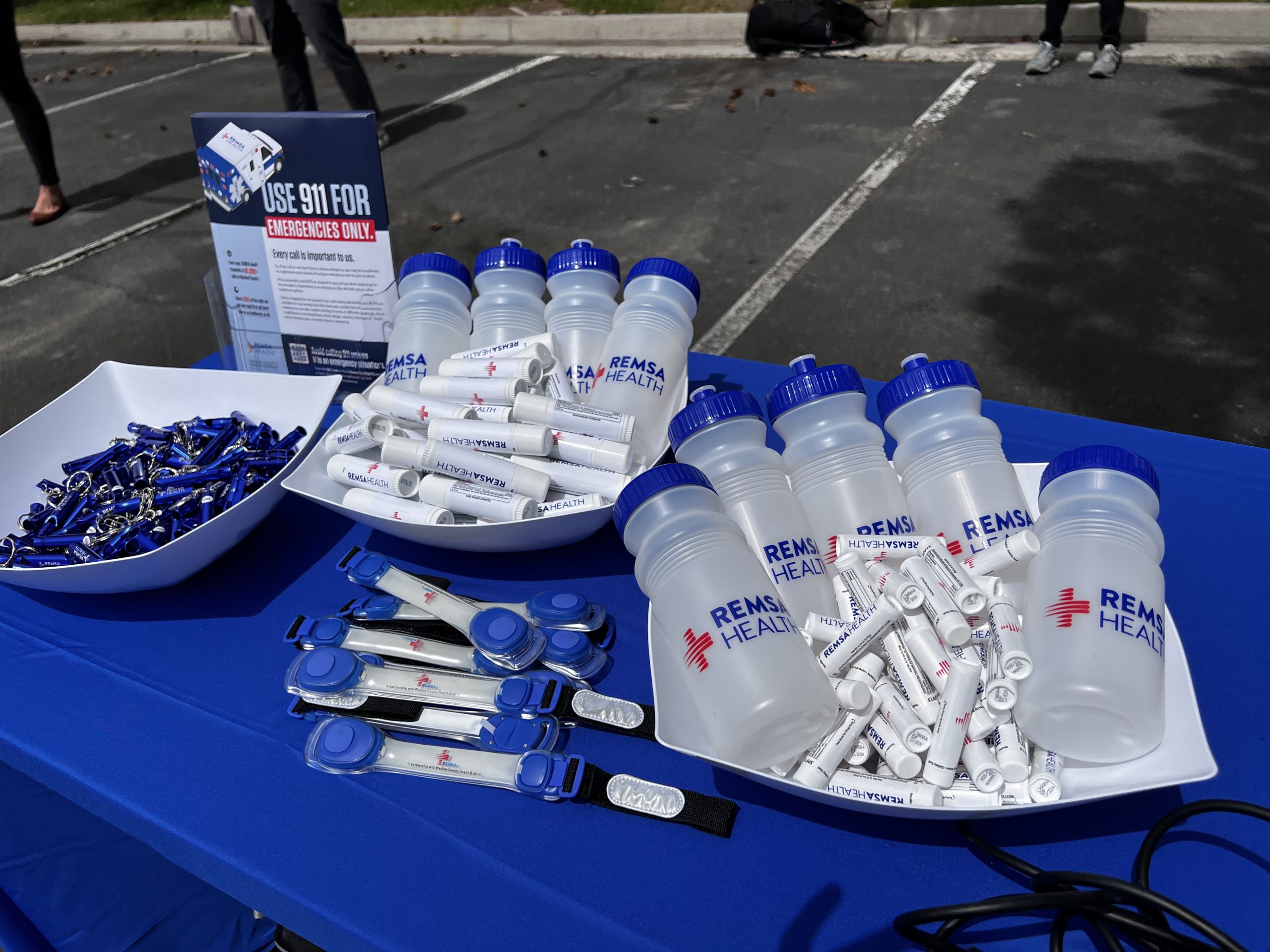Summer Safety: How to Keep You and Your Family Safe in the Summertime

Heat-Related Illnesses, Heat-Related Emergencies, and Drowning
In the summer of 2021, REMSA Health responded to 124 heat-related illness calls. Nationally, In 2018 and 2019, we saw a record number of hot car deaths; 53 children died. That was the highest number of hot car deaths in two decades. As temperatures rise, our community must be informed of the precautions to avoid any heat-related illnesses and emergencies.
Here are some important reminders to consider during the warmer months:
- Keep infants under six months old out of direct sunlight.
- Everyone should wear broad-spectrum sunscreen with a minimum SPF of 30.
- Wear a hat, sunglasses, and protective clothing.
- Reapply sunscreen every two hours or after significant sweat, swimming, or toweling off.
- Seek shade, especially during midday hours (10 a.m. to 4 p.m.)
- Stay hydrated.
- For adults, divide your body weight in half, and that’s roughly the number of ounces of water you should drink daily.
- To make hydration fun for children, consider fruit with high water content, like watermelon or try frozen fruit pops.
- For infants, you can increase formula or breast milk intake.
Taking precautions to prevent heat-related illnesses is important. However, heat-related illnesses can occur and escalate quickly. Knowing what to watch for is equally important:
- Heat cramps: Heat cramps are involuntary muscle spasms that usually occur during heavy exercise in hot environments. These cramps typically occur in the calves, arms, and the abdominal wall and back. Treatment of heat cramps includes resting, cooling off, and drinking an electrolyte-containing sports drink.
- Heat exhaustion: Heat exhaustion includes more significant cramping of the muscles, fatigue, headache, nausea, vomiting, dizziness, or fainting. Other symptoms can consist of rapid and shallow breathing. Treatment of heat exhaustion can be managed by having the person rest in a cool place and lay on their back with their legs elevated higher than the heart. Loosen any restrictive clothing and encourage them to take a cool shower if possible. Drinking cool water and electrolyte-containing fluids are the only liquids that should be consumed. They should seek prompt medical attention if symptoms don’t subside within one hour.
- Heatstroke: This is the most severe heat-related illness. It is a life-threatening condition and a medical emergency. If heatstroke is left untreated, it can cause damage to the brain, heart, kidneys, and muscles and may lead to death. Symptoms of a heatstroke include severe headache, vomiting, and skin that is hot, red, and flushed but not sweaty. If any of these symptoms are present seek medical attention immediately by calling 9-1-1 and taking steps to cool the person down.
Unintentional drowning is the second leading cause of death among children ages one to four, and children in this age group are most likely to drown in a swimming pool. At REMSA Health, as of June 1, 2022, we have responded to two separate incidents involving near-drownings. When someone is drowning, they do not have extra energy to splash around and scream – drowning is silent and still, so it’s essential we know what to look out for when a child is drowning.
- Always have a designated Water Watcher.
- Water Watchers should wear a tag or hold a whistle designating them as the adult providing active supervision of all children near the water.
- The Water Watcher doesn’t leave or stop watching until the next Water Watcher is designated.
- Water Watchers should be comfortable with swimming and must be attentive. If you are the designated Water Watcher, avoid drinking alcohol, using cell phones, reading, multitasking, and socializing with other adults.
- Never leave a child unattended or in the care of other children near any body of water.
- Ensure that all children around bodies of water are wearing life jackets.
- For those with pools in their backyards, ensure you have proper fencing and pool alarms. These measures can prevent more than half of all pediatric drownings.
- Learn how to provide CPR. REMSA Health offers community courses to those looking to become CPR certified. To learn more about our CPR offerings, click here.
